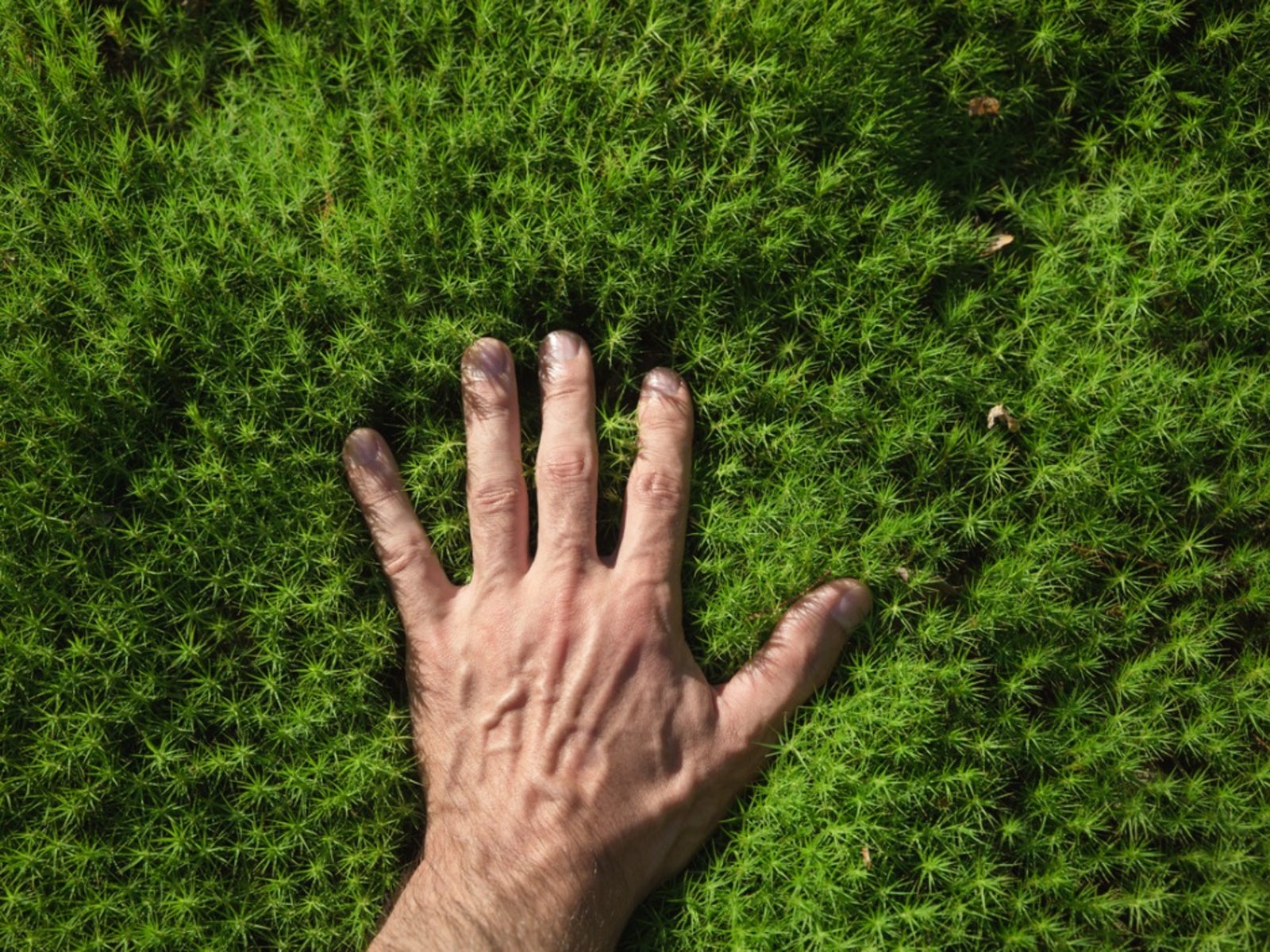Moss Gardens - Tips For Growing Moss In Your Garden


Sign up for the Gardening Know How newsletter today and receive a free copy of our e-book "How to Grow Delicious Tomatoes".
You are now subscribed
Your newsletter sign-up was successful
Moss is an evergreen ground cover that provides lush green color throughout the year, even in winter. Growing moss (Bryophyta) is a lovely way to add something extra to a garden, bringing a quiet sense of tranquility to shaded spaces. It can also serve as an attractive alternative to turf grass in areas where lawns struggle to grow, and may help stabilize soil by forming a dense surface layer.
Once established, moss requires very little maintenance. It does not need mowing and rarely needs feeding. While growing moss is not difficult, success comes from understanding what a moss plant is and the conditions it needs to thrive. Keep reading to learn how to grow moss successfully.
What is a Moss Plant?
Mosses are categorized as bryophytes, which are non-vascular plants. While technically moss is a plant, it lacks the parts of a plant that we are used to seeing. It does not have true leaves, branches, or even roots.
Since moss has no roots, it must find other ways to absorb water, and this is why it is frequently found in damp, shady areas. Many moss species can tolerate drying out by going dormant and then reviving when moisture returns.
Moss also does not have seeds like many other plants do. It spreads by spore or division.
Moss tends to grow in colonies, with several plants growing closely together, which creates the nice, smooth, carpet-like appearance that makes moss gardens so beautiful. Dense moss can help suppress weeds and discourage grass growth in shady areas.
How to Grow Moss
Knowing how to grow moss is really just a matter of knowing what causes moss to grow. Things that moss need to grow are:
Sign up for the Gardening Know How newsletter today and receive a free copy of our e-book "How to Grow Delicious Tomatoes".
Moisture - As said, moss needs a damp location to grow, but will not do as well in a location that is swampy.
Shade - Moss also likes to grow in the shade, which makes sense as moisture is more likely to linger in these areas and the moss will be less likely to dry out quickly.
Acidic soil - Moss also likes soil with a higher acidity, normally soil with a pH of about 5.5.
Compacted soil - While moss can be found growing in almost any soil type, most mosses prefer compacted soil, especially compacted clay soil.
How to Start Moss Gardens
The easiest way to start a moss garden is to simply build up the moss you already have. Many yards have some moss already growing in them (and many lawn enthusiasts consider moss to be a nuisance). If you have moss growing in your yard, then you already know that the moss will grow in that location.
Sometimes all it needs to grow thicker and more lush is a little fertilizer, a little more acid, or a little more moisture. A one to one solution of water and buttermilk will help with acid and nutrients, as will powdered milk. You can also use an acid loving plant fertilizer on the area as well.
When developing existing moss patches, it also helps to remove competing plants such as grass and weeds. If you do not have moss in your yard or if you want moss to grow in a location where it does not currently grow, you will need to transplant moss.
Moss can either be harvested (with permission and responsibly) from areas where it is already growing or it can be bought. If you harvest your moss, be aware that different moss grow in different locations. For example, a moss plant harvested from the deep woods will not grow well in an open area with light shade.
If you buy moss, the seller will be able to tell you what exact conditions that moss is suited for. The best time to transplant moss is in spring or fall, when there will be the most rainfall.
Transplant moss by laying a patch of moss in the location you would like for it to grow. If you have a large area you would like to cover, you can use a plug method, like you would with grass. Place small pieces of moss at regular intervals over the area. The moss will eventually grow together.
After you have planted your moss, water it thoroughly. Keep the area damp with regular watering for the next year or so to help the moss establish well. If the moss is allowed to dry out, it may die. Once established, transplanted moss should only need additional water in times of drought.

Heather Rhoades founded Gardening Know How in 2007. She holds degrees from Cleveland State University and Northern Kentucky University. She is an avid gardener with a passion for community, and is a recipient of the Master Gardeners of Ohio Lifetime Achievement Award.